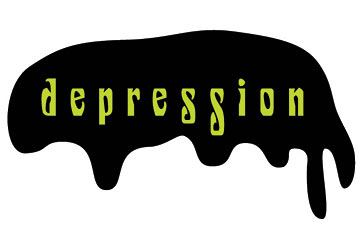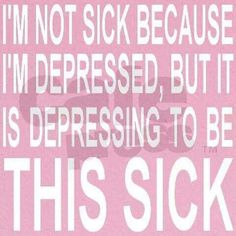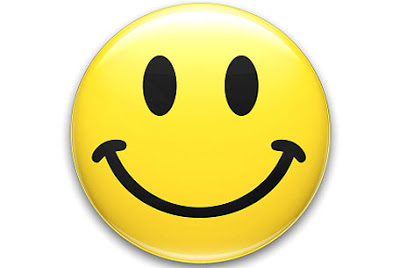Does Chronic Illness Cause Depression?

Chronic illness affects the population worldwide and it is the leading cause of death and disability in the United States. It accounts for 70% of all deaths in the U.S., which is 1.7 million each year. More than 125 million Americans have at least one chronic illness and estimates that by the year 2020, 157 million Americans will have a chronic illness.
Examples of chronic illnesses include diabetes, heart disease, arthritis, kidney disease, HIV/AIDS, lupus, and multiple sclerosis. Many people with these illnesses become depressed. In fact, depression is one of the most common complications of chronic illness. It’s estimated that up to one-third of people with a serious medical condition have symptoms of depression.
The symptoms of depression are sometimes overlooked because they are overshadowed by the illness or dismissed as normal feelings of a person dealing with a chronic illness.
Although any illness can trigger depressed feelings, the risk of chronic illness and depression gets higher with the severity of the illness and the level of life disruption it causes.
The risk of depression is generally 10-25% for women and 5-12% for men. However, people with a chronic illness face a much higher risk — between 25-33%. Risk is especially high in someone who has a history of depression.
It’s not hard to see the cause and effect relationship between chronic illness and depression. Serious illness can cause tremendous life changes.
People diagnosed with chronic illnesses must adjust to the demands of the illness itself, as well as to the treatments for their condition.
The illness may affect a person’s mobility and independence, and change the way a person lives, sees him or herself, and/or relates to others.
A chronic illness can make it impossible to do the things once enjoyed, and it can eat away the person’s self-confidence and a sense of hope for the future.
No surprise, then, that people with chronic illness often feel despair and sadness.
In some cases, the physical effects of the condition itself or the side effects of medication lead to depression, too.
Depression caused by chronic disease often makes the condition worse, especially if the illness causes pain and fatigue or it limits a person’s ability to interact with others.
The combination of chronic illness and depression might lead to isolation, which is likely to make the depression even worse.
Treatment
Depression is depression and it is treated much the same way for someone who has chronic illness vs. someone who does not. Speak to a professional you trust to get the help you need.
Early diagnosis and treatment is highly important not only to lead you to a better quality of life but to eliminate the risk of suicide. Remember, getting treatment for your depression may improve your medical condition which will help you live a better life.
Sincerely yours,
Shushan



Really enjoyed this article. Cool.
Thanks for the sensible critique. Me and my neighbor were just preparing to do some research about this. We got a grab a book from our area library but I think I learned more clear from this post. I’m very glad to see such great info being shared freely out there.
Excellent site you’ve got here.. It’s hard to
find high quality writing like yours nowadays. I really
appreciate people like you! Take care!!